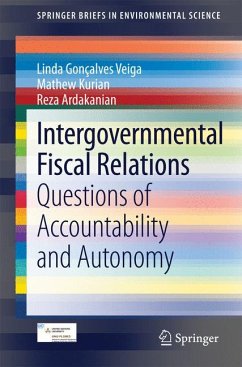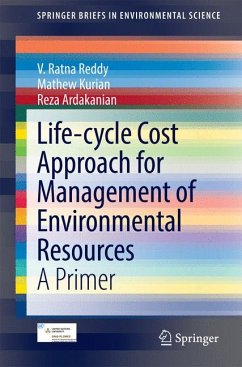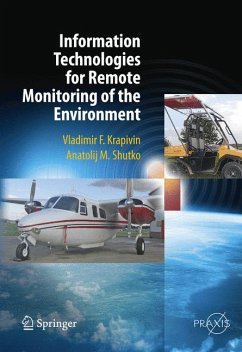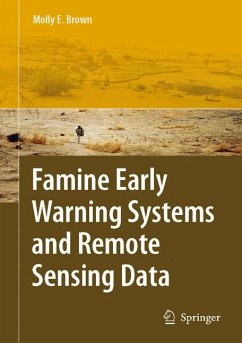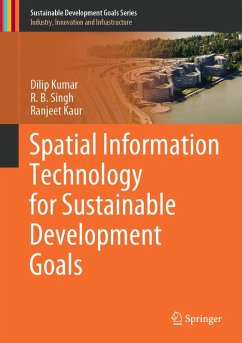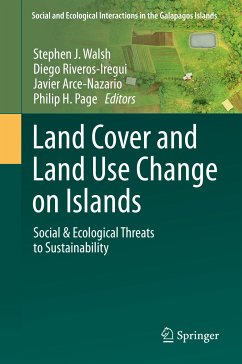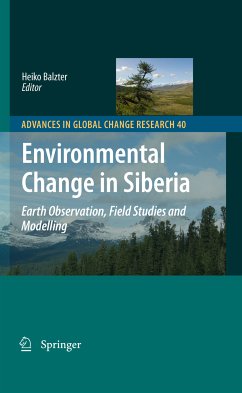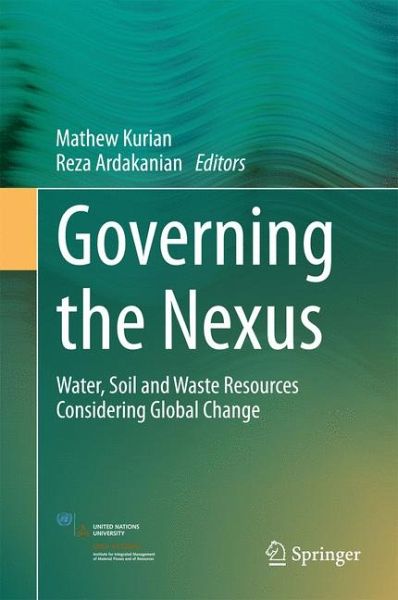
Governing the Nexus (eBook, PDF)
Water, Soil and Waste Resources Considering Global Change
Redaktion: Kurian, Mathew; Ardakanian, Reza
Versandkostenfrei!
Sofort per Download lieferbar
72,95 €
inkl. MwSt.
Weitere Ausgaben:

PAYBACK Punkte
36 °P sammeln!
Global trends such as urbanization, demographic and climate change that are currently underway pose serious challenges to sustainable development and integrated resources management. The complex relations between demands, resource availability and quality and financial and physical constraints can be addressed by knowledge based policies and reform of professional practice. The nexus approach recognizes the urgent need for this knowledge and its interpretation in a policy- relevant setting that is guided by the understanding that there is a lack of blueprints for development based on integrate...
Global trends such as urbanization, demographic and climate change that are currently underway pose serious challenges to sustainable development and integrated resources management. The complex relations between demands, resource availability and quality and financial and physical constraints can be addressed by knowledge based policies and reform of professional practice. The nexus approach recognizes the urgent need for this knowledge and its interpretation in a policy- relevant setting that is guided by the understanding that there is a lack of blueprints for development based on integrated management of water, soil and waste resources in the Member States. Generation and application of knowledge is both a priority for individual but also institutional capacity development.
Dieser Download kann aus rechtlichen Gründen nur mit Rechnungsadresse in A, B, BG, CY, CZ, D, DK, EW, E, FIN, F, GR, HR, H, IRL, I, LT, L, LR, M, NL, PL, P, R, S, SLO, SK ausgeliefert werden.




